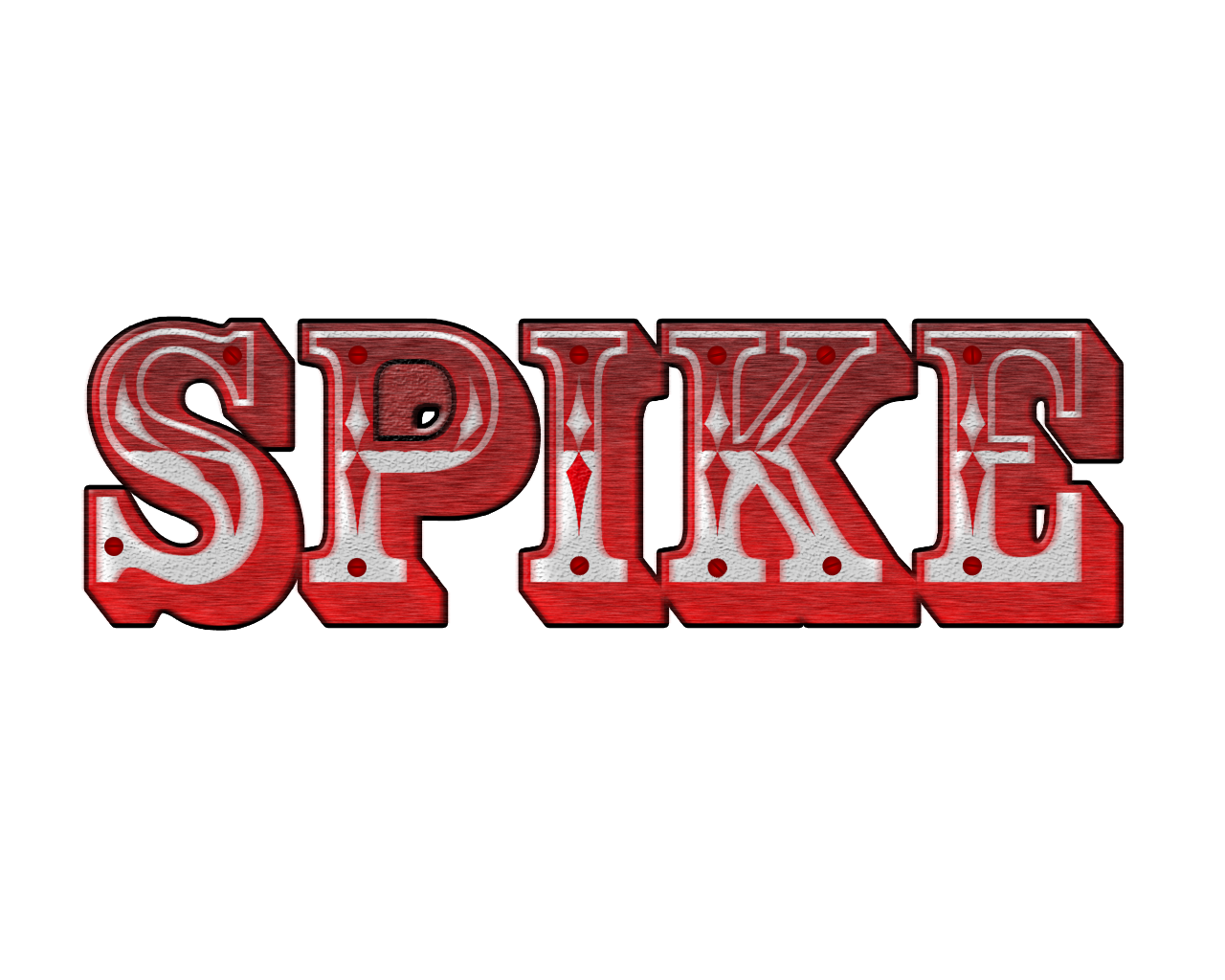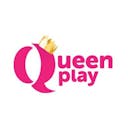Gambling Guide: Encouragement of Responsible Play

Gambling ought to be looked at more as a means of amusement rather than a reason for alarm.
Setting and sticking to a monthly budget for gambling is an important part of practicing responsible gambling. This helps to ensure that you do not spend an unreasonable amount of time or money on gambling activities.
In order to gamble in a responsible manner, it is essential to have a solid understanding of the mechanics underlying various forms of gambling, so that you can make educated choices.
The development of techniques that allow you to keep track of the amount of time, money, and effort that you spend gaming can be advantageous.
Gambling should be avoided while you are feeling anxious, sad, or stressed out, as well as when you are under the influence of alcohol. If you believe that your gambling is getting out of hand and you are in need of assistance, we strongly suggest getting in touch with one of the organizations that is listed at the bottom of this page.
GamblingGuidelines.ca includes a questionnaire for users to fill out on their own.
888

WITH DEPOSIT
$1.500 WELCOME BONUS
NO DEPOSIT
$88 FREE PLAY
888 Exclusive Slots
Fast Withdrawls
LeoVegas

WITH DEPOSIT
UP TO $1,000 + 100 EXTRA FREE SPINS
NO DEPOSIT
22 FREE SPINS
More Than 800 Games
Easy Money Management
NetBet

WITH DEPOSIT
100% CASINO WELCOME BONUS ON 1ST DEPOSIT
NO DEPOSIT
10 FREE SPINS
18+ www.begambleaware.org
Offer may be restricted in some jurisdictions
How to Recognize Someone Has a Gambling Problem: Common Indicators The Problem's Sources of Resources The gambling industry in Canada
How can one know when gambling has become a problem?
It's not just about the money when it comes to having a problem with gambling. The preoccupation with money is frequently a symptom rather than the root cause of a gambling addiction.
The preoccupation with financial matters is typically the result of having lost considerable sums of money through gambling and then attempting to recoup those losses.
The craving for the excitement or the sense of peace that gambling may bring, both of which have the potential to become addictive for certain people, is most likely at the basis of a gambling issue.
Problem gambling occurs when a person finds it difficult to stop gambling or when they spend more money and time on gambling than they can afford to lose.
On the other hand, the total amount of money lost is not necessarily a reliable indicator of a gambling addiction. There's still a chance that you have a gambling problem, even if your spending is within your financial means.
It is possible that significant relationships and obligations in your life will begin to suffer as a result of your preoccupation with gambling and your willingness to prioritize it over these other aspects of your life.
Signs that you could have a gambling problem include when your gambling habits start to negatively impact any part of your life, including your relationships, and when you feel powerless to stop or control your gambling behavior.
Problem gambling can lead to stress, worry, and depression, all of which can have a severe impact on an individual's entire health and wellness. It's possible that your mental health could suffer if you let your emotions become too attached to the outcomes of your gambling.
This can eventually interfere with your ability to focus and perform well at school or job, and it can also make it more difficult for you to maintain healthy connections with your friends and family.
If you have a gambling addiction, you may find that you are compelled to gamble no matter the stakes, that you max up all of your credit cards, and that you borrow money from family and friends so that you can satisfy your overpowering desire to bet.
Because of the embarrassment involved with your gambling issue, you might even lie about the reasons why you require the money.
Not only do many people who have a gambling problem try to keep it a secret from other people, but they also try to avoid dealing with the issue head-on.
This is due to the fact that the problems that gambling can bring can lead to a feeling of being overwhelmed, and gambling can act as a distraction from uncomfortable thoughts and feelings. The initial appeal of gambling for many people was that it provided a diversion from the stresses of everyday life.
Quitting gambling entails giving up the chance of winning back enough money to pay off debts, which is another reason why it is difficult to face a problem with gambling.
However, even if they do win, the majority of people who have a problem with gambling discover that they are unable to keep their winnings. They can't get enough of the excitement that gambling provides, so they keep spending their money on it even if it simply makes their problems worse.
Many people are afraid of the withdrawal symptoms that can occur when they stop gaming. The process of withdrawing from gambling can be difficult and should be treated with the same level of seriousness as withdrawing from narcotics or alcohol. On the other hand, if one has the assistance and direction of a professional, the process can be simplified significantly.
The most difficult aspects of quitting gambling due to an addiction are typically over within a few weeks' time. It's likely that after a month of abstaining from gambling, you'll feel a lot better. Your feelings will become more steady, your thoughts will become more organized, and you will begin to enjoy spending time with your loved ones and friends once more.
Common Indicators of Danger
Feeling torn about gambling is one of the most significant indicators of a gambling problem. It's possible that you want to give it up because you're aware of how damaging gambling is to you, but there's also a part of you that just can't shake the temptation to gamble.
You can be concerned about the gambling habits of a friend or family member, even though you don't think you have a problem with your own gaming.
Some frequent warning indicators that someone you know may have a gambling addiction, from a financial perspective, include the following:
- The disappearance of money from bank accounts, wallets, or piggy banks for no apparent reason.
- The disappearance of valuables or belongings from the household.
- Despite having a consistent salary, they consistently lack sufficient funds.
- A need to borrow money on a regular basis.
- A number of different loans are obtained.
- Notices of disconnection or late payments on outstanding invoices.
- There is insufficient food in the home.
- Surprisingly generous presents or delicacies that have been purchased for both you and other people.
When someone has a problem with gambling, their mood almost always alters in a noticeable way:
- Pulling away from relationships with other people.
- Poorer performance at job or at school.
- Anxiety, anxiety, or unease for no apparent reason.
- Highs that cannot be described.
- Swings in one's mood.
- Experiencing feelings of hopelessness, depression, or frustration, or even having thoughts of ending one's own life.
- Variations in one's personality.
- Variations in how you typically eat, sleep, or interact sexually with others.
- Taking an offensive stance in response to being questioned about their actions.
- Attempting to dominate or manipulate other people by using coercion, deception, or charm.
The following are some common time-related symptoms that could suggest someone has a problem with gambling:
- Spending an increasing amount of time gambling.
- Keeping promises yet arriving late.
- Constantly ditching plans with friends and acquaintances.
- Keeping quiet regarding absences for which there is no clear explanation.
- Missing a significant amount of time from job or education.
- Taking an abnormally long time to complete basic errands, such as going to the supermarket to purchase bread and spending two hours there.
Seeking assistance can feel like a significant undertaking, regardless of whether you are worried about your own gambling habits or those of someone close to you. On the other hand, nobody ever looks back on that decision with regret.
If you are thinking about getting assistance for yourself, realize that everyone who is currently recovering from a gambling issue once felt the same way you do now.
This should give you some solace while you make your decision. It is totally feasible to regain control of your gambling and begin living a life that is not only rewarding but also healthy. There is no time more suitable than the present to get started.
Helping Hands for Canadians Who Have a Gambling Problem
The Centre for Addiction and Mental Health (CAMH) is both the largest mental health teaching hospital in Canada as well as one of the most prestigious research centers in the world in its particular sector.
The Centre for Addiction and Mental Health (CAMH) is a Pan American Health Organization and World Health Organization Collaborating Centre in addition to having a full affiliation with the University of Toronto.
From the Greater Toronto Area: (416) 535-8501
Free phone number: 1 800 463-2338
Please visit www.camh.ca.
OR
Gam Talk is an online forum that gives users the opportunity to discuss their personal experiences with others who have been in a position analogous to their own. Gam Talk can be found at this address: www.gamtalk.org.
The following is a list of resources for problem gambling in various Canadian provinces:
- Call 1-866-461-1259 to reach the Alberta Problem Gambling Resources Network.
- Call 1-888-795-6111 to reach the British Columbia Problem Gambling Help Line.
- Call 1-800-463-1554 to reach the Manitoba Addictions Help Line for Problem Gambling.
- Information about gambling in New Brunswick can be obtained by calling 1-800-461-1234.
- The helpline number in Newfoundland for those experiencing issues with gambling is 1-888-899-4357.
- Help Line for General Inquiries Regarding the Northwest Territories: 1-800-661-0844.
- Help Line Number for Problem Gambling in Nova Scotia: 1-888-347-8888.
- 1-800-265-3333 is the phone number for the Nunavut Kamatsiaqtut Help Line.
- Helpline number for Ontario Connexon Tario is 1-866-531-2600.
- 1-855-255-4255 is the phone number for the Prince Edward Island Problem Gambling Help Line.
- Help and Referral Regarding Gambling in Quebec: 1-800-461-0140.
- Saskatchewan Helpline Number for Problem Gambling: 1-800-306-6789.
- 1-866-456-3838 is the number to call for Yukon Mental Wellness and Substance Use Services.
The Canadian Partnership.
for Responsible Gambling is a group of non-profit organizations, gaming companies, research centers, and regulators who are working together to uncover and promote effective approaches to lower the risk of developing a gambling problem.







